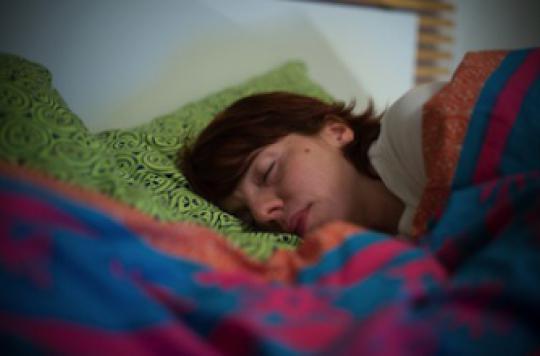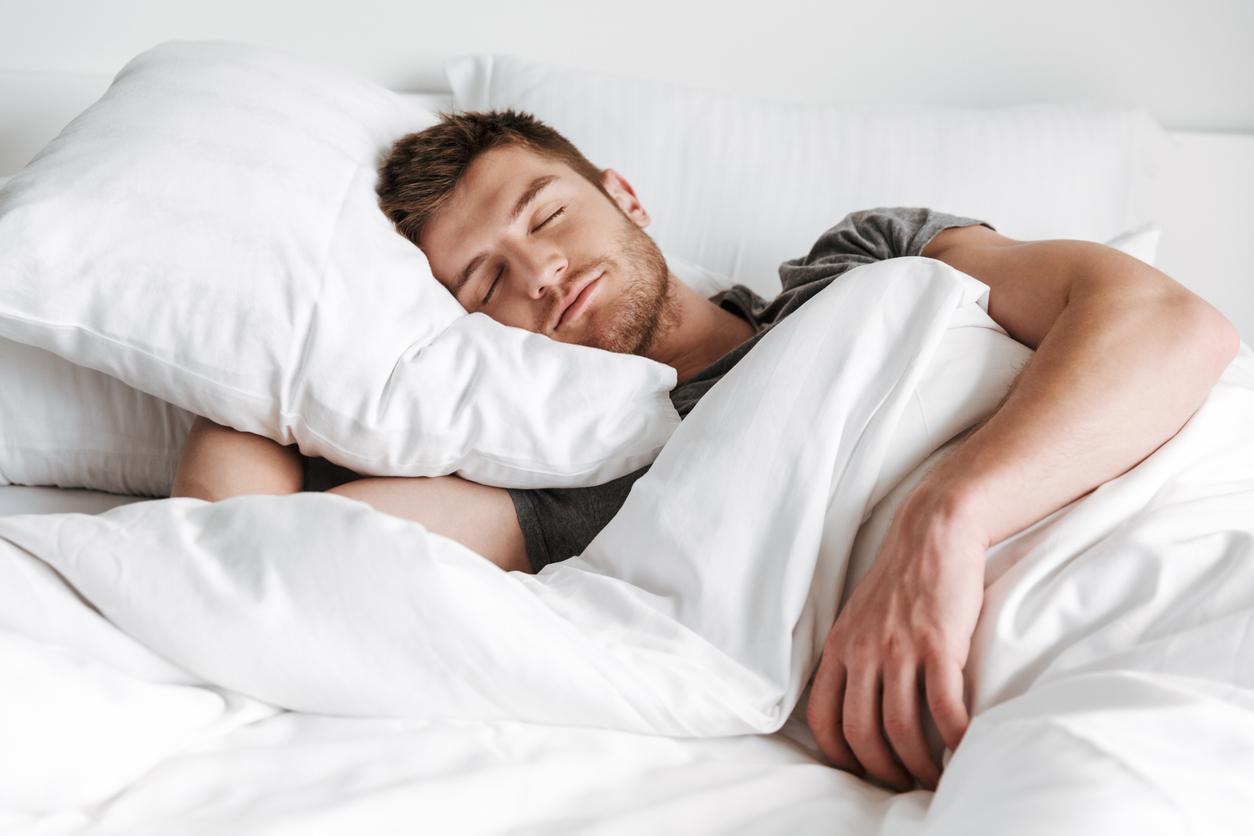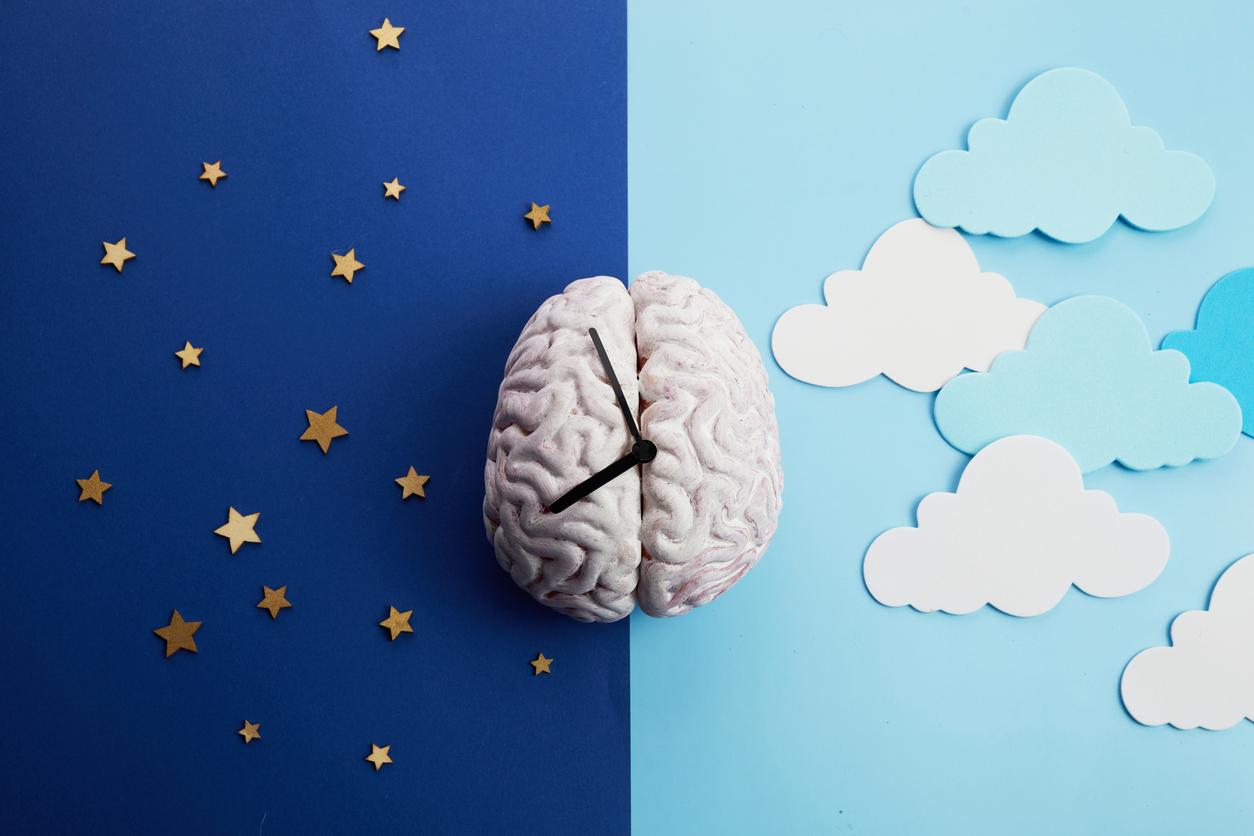People with sleep disorders who take no treatment run the risk of reducing their spatial memorization skills, according to a new US study.

Deep sleep, snoring … many people experience apnea when they are in Morpheus’ arms. A pathology which, if left untreated, can have harmful effects on physical but also cognitive health. Among other things, it would alter spatial memory, that is to say the ability to memorize spaces and to find one’s bearings. This is what suggests a new American study published in The Journal of Neuroscience.
30% shorter time
A team of researchers from New York University recruited 18 people with sleep apnea. Treatment for sleep apnea involves wearing a breathing mask that delivers continuous positive airway pressure (CPAP). Participants spent two nights sleeping at the Institute, two weeks apart.
On the first night, the “guinea pigs” slept with their mask on, but took it off for the second. These people also had to undergo exercises. They played video games for an hour. The goal was to find one’s bearings and to get out of a labyrinth, the day before and the day after each night spent at the institute. At the end of the experiment, the researchers found that the participants’ spatial memorization performance decreased (30% more over time) when they slept without treatment.
Lack of oxygen could be the cause
The authors of the study, however, are unable to pinpoint the exact reasons. And put forward two theories: the disruption of deep sleep could be responsible for these losses of faculty. Or, second hypothesis, it is the lack of oxygen generated by apnea that would produce this phenomenon.
The next step in this study will be to decide. Dr. Andrew Varga, lead author of the study, stresses the importance of treating sleep apnea. “We hope these results will encourage doctors to treat sleep apnea as soon as possible, before it becomes too critical. “
Obstructive Sleep Apnea Syndrome (OSAS) is a sleep disorder where the sleeper experiences pauses (apnea) or decreased respiratory flow (hypopnea) for a few seconds. These breathing difficulties cause micro-awakenings lasting a few seconds of which the sleeper is not necessarily aware. For this reason, in the morning, people with OSA often experience fatigue and even headaches. During the day, they experience irrepressible urges to sleep.
.

















